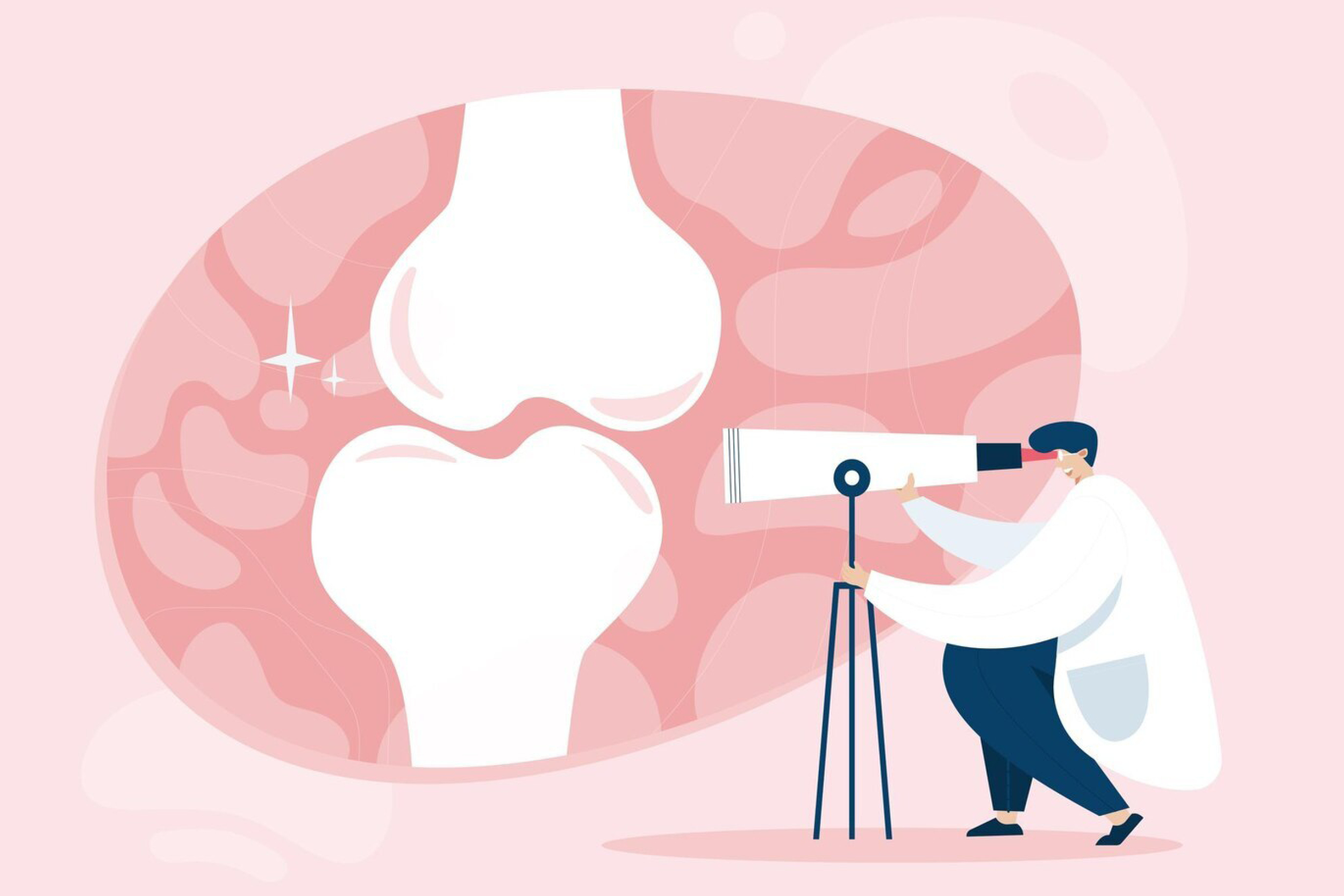Essential Insights on Bone Density Scans
A bone density scan measures the strength of your bones and helps assess your risk for osteoporosis and potential fractures. This exam can also provide valuable information about your body composition, including body fat and muscle mass.
Who Should Get a Bone Density Scan?
Consider scheduling a bone density scan if:
• You’re at a Certain Age: Many people lose bone mass as they age. Women aged 65+ and men aged 70+ should talk to their doctor about getting a bone density scan.
• You Have a Family History: If osteoporosis or fractures are common in your family, you may be at higher risk.
• You’ve Experienced Previous Fractures: Breaking a bone after age 50 can indicate weakened bones.
• You Take Certain Medications: Drugs like steroids or cancer treatments can weaken bone structure.
• Manage Chronic Health Conditions: Conditions like rheumatoid arthritis, diabetes, or thyroid disorders can increase your risk of fractures.
What Happens During the Scan?
Here’s what to expect during your appointments:
1. Positioning: You’ll lie down on an X-ray table while a technologist helps position you correctly, often using foam blocks for support.
2. The Scan Process: The machine will use two low-radiation X-ray beams to scan your body. The entire process takes only 10-15 minutes and uses minimal radiation.
3. Results: A radiologist will review the images and provide an interpretation of your bone health.
How Often Should You Get This Scan?
The recommended frequency of scans depends on your individual risk factors. Generally, women over 65 and men over 70 should consider a scan every two years. If you have additional risk factors, your doctor may recommend more frequent scans.
Bone health is important, and bone density scans can play a key role in monitoring it. If you think you might be at risk or want to take charge of your bone health, talk to your healthcare provider about scheduling a scan.
To learn more about bone density scans or to schedule an appointment, contact our team at (631) 998-2500.

